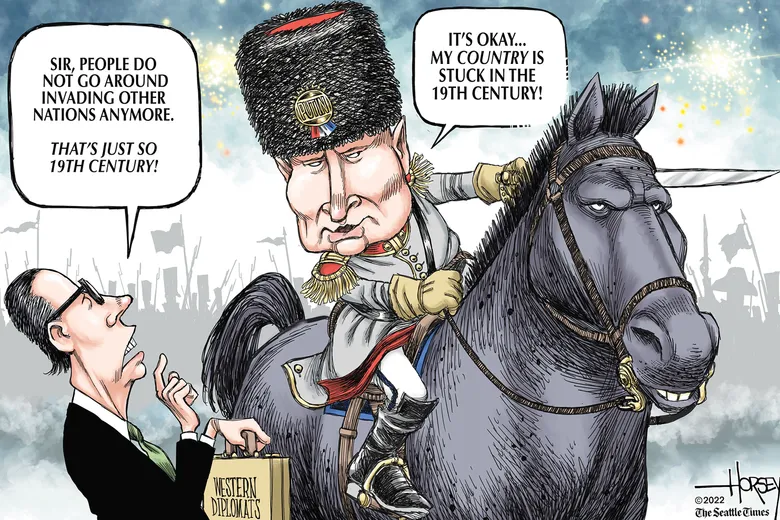Arabs - a Three Thousand Year History

This is a 3,000 year history of people, tribes and empires, the earliest mention of Arabs in 853 BC led to their sudden appearance in the international spotlight. Arabs probably existed before there was a place called Arabia and long before their name applied to the entire Arabian Peninsula. The interwoven dualities of hadar/badw, settled/nomadic, sha'b/qibilah, people/tribe only become clear with time. These people who defined themselves by ancestry include the first people known as 'arab. An impartial history of Arabs, pleasing all readers, is not entirely feasible.
Arabs share a Kulturnation, they love its language even if they despise having to learn its grammar. Political union for Arabs remains unthinkable: as T.E. Lawrence told Robert Graves, 'Arab unity is a madman's notion - for this twentieth century or next probably. English-speaking unity is a fair parallel.'
Anyone who examines Arab history must dwell on the Qur'an. The Black Stone the other gift from Gabriel, is a turning point on which a lot of history hinges: while at first glance 'the influence which stamp the world's history are wars, uprisings or downfalls of dynasties' to quote Whitman, however, Arab history, with much conflict, endured. Islam under Muhammad was a political, military movement which expanded by means of conquest. There were Arabs before Muhammad, however, Muhammad was so successful in his political and military roles at Medina, that Muslims must not forget the spiritual and moral underpinnings of his mission in particular the Meccan years. Theses are the heart and faith of Islam; they are what will last. Those few eventful years at Medina ensured was a sociopolitical phenomenon, forming the second of the three instalments of the Arab national story, along with the migrations from the legendary south, with the coming conquests across three continents. It is a drama on three stages, Marib, Medina and the world which now inspires young European Muslims to migrate from the lands of the heathen and make via the 'Islamic State' and dreams of world conquest, for the fourth final and eternal stage: heaven.
The major and extremely bloody battle of Siffin with 70,000 dead, over 110 days of fighting 45,000 on Mu'awiah's side and 25,000 on Ali's side. The end result, the appointment of the Caliph, was inconclusive. Eventually, Mu'awiah became Caliph. George Santayana's attestation that 'Those who cannot remember the past are condemned to repeat it.' remains apt in Arab history. Arab schoolchildren know about the empire building battles at al-Yarmuk and al-Qadissiyah but the Day of the Camel and the bloody battle of Siffin remain unknown.
A series of Caliphates, in different cities, ensured the Kingdom of Damascus, Umayyid rule under Abd al-Malik fourth successor to the caliph Mu'awiyyah;The Empire of Baghdad under Abbasid rule; the Umayyad caliph of Cordoba endured for 800 years until the loss of the last foot-hold in Granada gradually shifted to Cairo. Cairo had always been the screen capital of the Arab world, this was the time when The Thousand and One Nights took the form we know today. Caliph al-Mustafki Sulayman fled Baghdad in 1258 for Cairo driven out by the Mongols. Despite holding sway over the entire Arab world their paid Turkish bodyguards took over and dominated the Arabs under the Ottoman Empire for one thousand years until 1920.
The Wahhabis rising up after Napoleon's invasion of Egypt, their 10,000 strong Turkish army surrendered to a rabble of Bedoiun warriors. Muhammad Ali Pasha defeated the Wahhabi's in 1818. The Salafist Wahhabi ultra religious sect from Saudi Arabia led the attacks on the World Trade Centre 11/9/2001.
The destruction of the Ottoman Empire during World War One created a vacuum that the Arabs who felt obliged to fill. France took Syria and Lebanon, Britain controlled Palestine and Iraq. From 1936 onwards, King Abd al-Aziz Ibn Sa'ud sought pan-Arab federation. This led to the House of Saud dominating the Arabian peninsula. The British promised a home for Jews with the Balfour Declaration. The state of Israel, a wound in the north of the Arabian subcontinent, resembles a dagger pointing at the Red Sea its wedge like blade driven between Egypt and the Levant.
Edward Said, the influential Palestinian Christian writer and academic was profound on the topic 'the idea of empire', If one were brought up in a colony, mandate, dominion or protectorate, and came from outside the white ruling class, that meant the indigenous versions of culture wee diminished. In this way, empire's physical power was confirmed, and the idea of dominance it embodied were taken for granted to the extent that the powerful would deny these accepted hierarchies would existed. Today's arguments regarding racism and statues of slave owners continue the same debates. The Arabs, free from Ottoman rule since 1920, are asserting themselves worldwide with immediate effect.
New generations must know that this past is their country, too, that is waiting to be liberated and then explored, with open eyes and minds. Only then can anyone think of building a better future on it.
Source: Arabs, Tim Mackintosh-Smith, Yale University Press, 2019

















